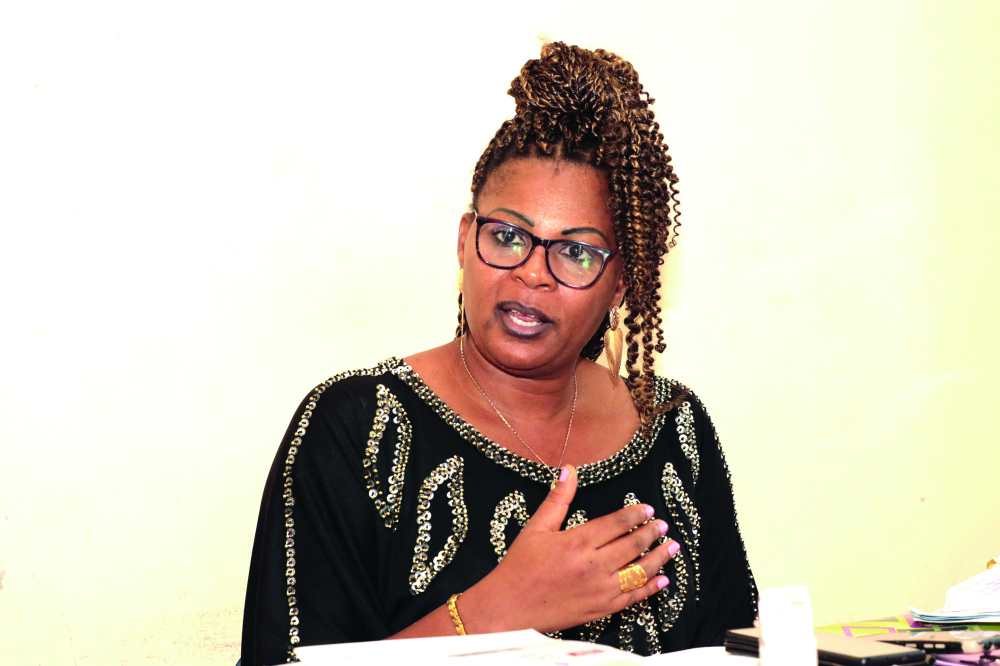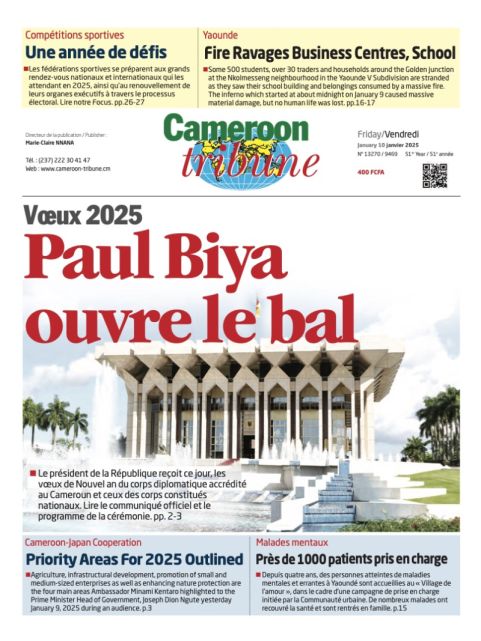Hans Friederich, Director General of the International Network For Bamboo and Rattan (INBAR), talks on the importance of bamboo in development.
Cameroon is hosting a Bamboo Carbon Forestry, Landscape Restoration & Sustainable Use Workshop on Harnessing the Potentials of Bamboo for Carbon Trading, Landscape Restoration and Job Creation. What are the stakes of the workshop and why the choice of Cameroon to play host to such a forum?
The workshop will share existing knowledge and expertise on greenhouse gas emissions standards and ways to harness bamboo for carbon trading, land restoration and job creation. Discussions will feed into the development of bamboo-related projects and training initiatives that aim to equip bamboo and rattan artisans with the skills to strengthen product innovation, quality and marketing through West Africa.
Cameroon seemed a strategic choice as host: the country has abundant bamboo resources and is actively exploring ways to sustainably exploit these plants. The workshop will help establish Cameroon as one of Africa’s leading bamboo and rattan-producing countries, joining other regional leaders such as Ghana and Ethiopia.
What is the potential of bamboo and rattan in Cameroon, and how can these strategic resources contribute to the sustainable socio-economic development of the country?
Bamboo demonstrates significant potential as a strategic resource for sustainable development in Cameroon and across Africa. Cameroon has significant reserves of largely untapped indigenous bamboo, and excellent conditions for growing cultivated species. The plant provides a practical and rapid solution for a number of the natural resource and poverty challenges faced by many African countries: the plant’s rapid growth rate and shallow root system make it a highly effective resource for slowing degradation and repairing damaged ecosystems; it offers climate change mitigation/adaptation strategies and acts as an effective ‘carbon sink’; and both bamboo and rattan could support the development of pro-poor, green economies – bamboo, for instance, has over 10,000 documented uses and can be used in the manufacture of a broad range of products, thereby supporting rural livelihoods and helping to eradicate poverty.
The Government of Cameroon is engaged in transforming the economy into a middle-income one by 2035, what could be the contribution of INBAR in realizing this dream?
INBAR is the intergovernmental organization dedicated to the promotion of bamboo and rattan for sustainable development. As such, we help countries to develop national strategies for bamboo and rattan – ensuring they maximize impacts from the development of these strategic resources and these plants contribute to the growth of greener economies. The strategies we offer encompass entire value chains that include environmental values, product development, increased value and trading, and action plans for implementation that involve all relevant ministries, departments and other relevant entities.
What is expected to change with this workshop in the short, medi...
Cet article complet est réservé aux abonnés
Déjà abonné ? Identifiez-vous >
Accédez en illimité à Cameroon Tribune Digital à partir de 26250 FCFA
Je M'abonne1 minute suffit pour vous abonner à Cameroon Tribune Digital !
- Votre numéro spécial cameroon-tribune en version numérique
- Des encarts
- Des appels d'offres exclusives
- D'avant-première (accès 24h avant la publication)
- Des éditions consultables sur tous supports (smartphone, tablettes, PC)













Commentaires